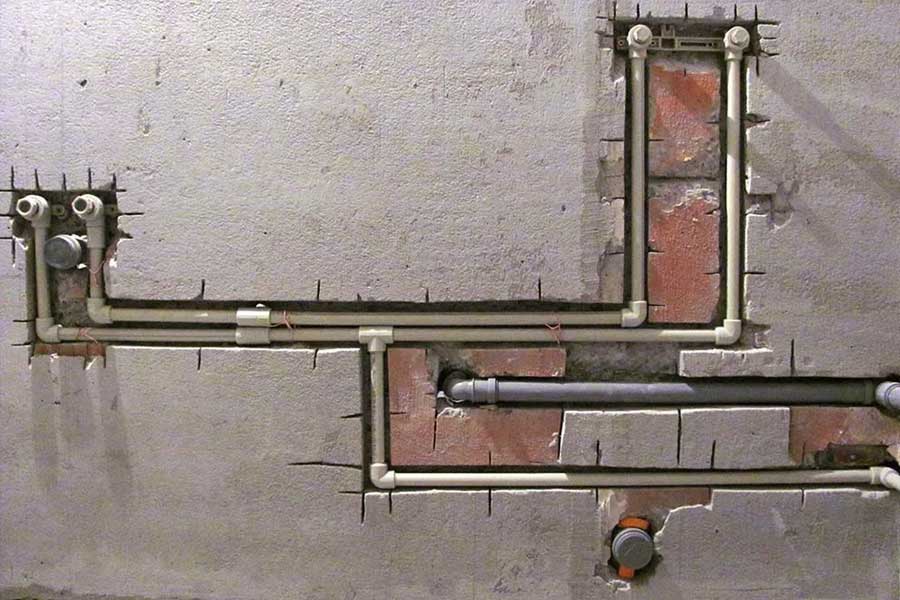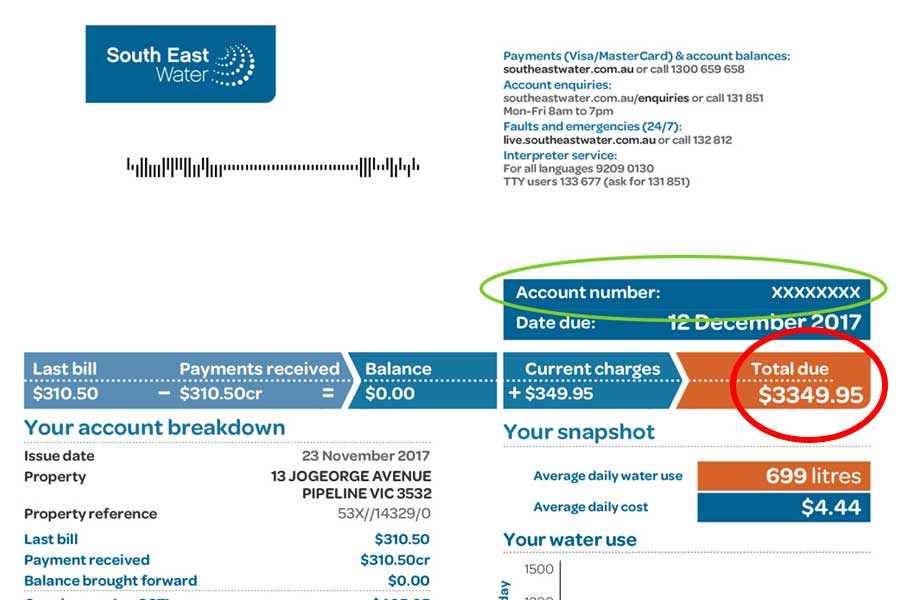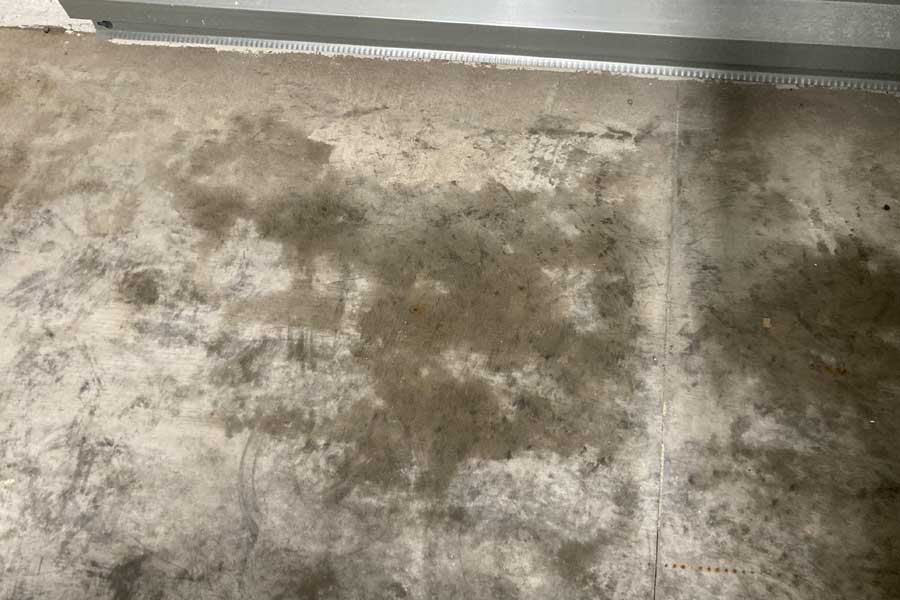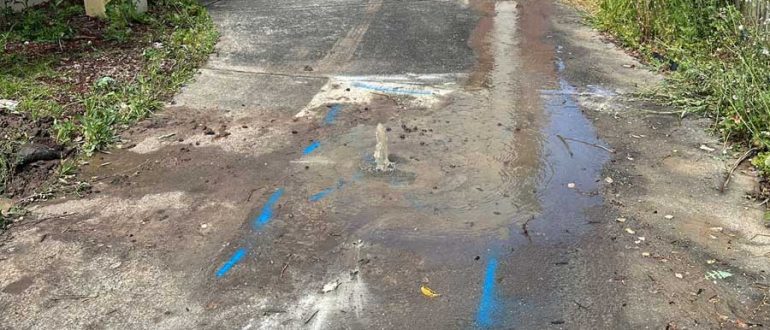Slab leaks can be a major concern for homeowners, often leading to costly repairs and extensive property damage. But just how common are these leaks? In this article, we’ll explore what slab leaks are, what causes them, how to identify them, and most importantly, how to prevent or address them effectively.
- What is a Slab Leak?
- Causes of Slab Leaks
- Slab Leak Symptoms and Signs
- How Common Are Slab Leaks?
- Importance of Slab Water Leak Detection
- Consequences of Ignoring a Slab Leak
- Repair Options for Slab Leaks
- Prevention of Slab Leaks
What is a Slab Leak?
A slab leak refers to a water leak that occurs under the concrete slab foundation of a building. These leaks can result from damaged pipes and are often difficult to detect due to their location beneath the cement. Left untreated, slab leaks can weaken the structural integrity of a home.
Causes of Slab Leaks
Pipe Corrosion

Over time, the pipes beneath a home’s foundation may corrode due to chemical reactions between water and the materials used in the pipes. This is especially common in areas with hard water.
Shifting Foundation
Soil movement and natural shifts in the foundation can cause stress on underground pipes, leading to cracks or bursts. This is a significant cause of slab leaks in areas prone to earthquakes or soil erosion.
Poor Piping Installation
Improperly installed pipes can be a ticking time bomb. A poor installation job can leave pipes vulnerable to damage and lead to slab leaks over time.
Slab Leak Symptoms and Signs
Slab leaks often go unnoticed until they’ve caused significant damage. Knowing the warning signs can save homeowners a lot of trouble.
Unusually High Water Bills

One of the first signs of a slab leak is a sudden increase in water bills. If your usage hasn’t changed but your bill has, it’s time to investigate.
Damp Spots on Floors

Moisture or damp spots on your flooring, especially when there’s no spill, are red flags for slab leaks. Over time, this can lead to mildew and mold growth.
Sounds of Running Water
Hearing the sound of running water when all taps are off could indicate a hidden leak beneath the concrete slab.
How Common Are Slab Leaks?
Slab leaks are more common than many people realize, particularly in older homes with aging plumbing systems. Regions with shifting soils or hard water tend to experience these leaks more frequently.
Importance of Water Leak Detection
Early slab water leak detection is crucial to minimize damage and repair costs. Professional tools and techniques, such as acoustic listening devices, can accurately pinpoint the source of a slab leak without tearing up your driveway or flooring unnecessarily.
Consequences of Ignoring a Slab Leak
Ignoring a slab leak can lead to severe damage, including weakened foundations, How to Know if Pipes Burst, and extensive water damage to your home. It may even result in structural instability, making the property unsafe.
Repair Options for Slab Leaks
Pipe Relining
In some cases, pipes can be relined without the need for extensive excavation. This process involves inserting a new lining inside the existing pipe.
Pipe Replacement
For severe cases, the damaged section of the pipe may need to be replaced. This can involve removing portions of the cement slab to access the pipe.
Prevention of Slab Leaks
Regular maintenance, professional inspections, and installing water-softening systems can help prevent slab leaks. Keeping an eye on slab leak signs like damp floors and unusual water bills can also catch problems early.
Slab leaks are a hidden but common issue that can wreak havoc on your home if not addressed. By understanding slab leak symptoms and the importance of water leak detection, you can act quickly to prevent further damage. Whether you’re dealing with a burst pipe under your driveway or unexplained damp spots, addressing these issues promptly is the key to protecting your home and your wallet.

